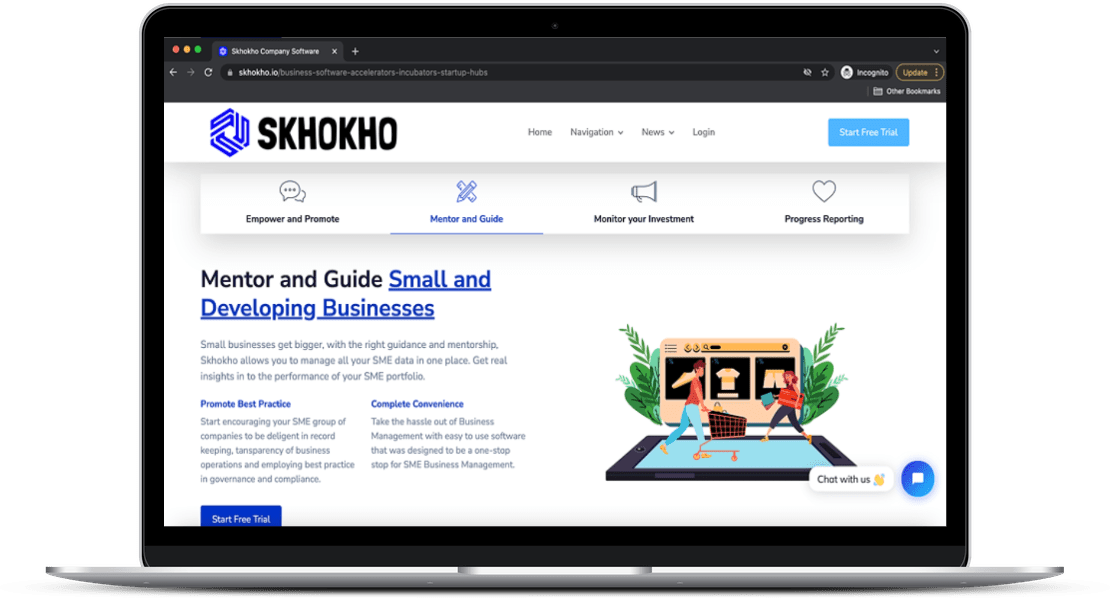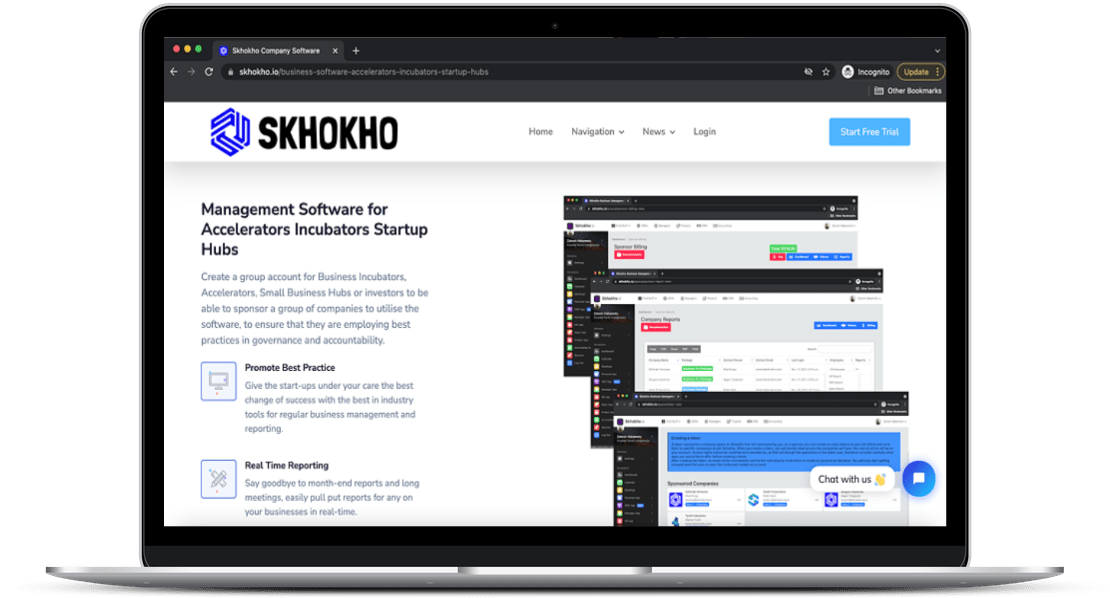Best practices for mentoring or coaching small and medium sized businesses
In this blog we will discuss the best practices for mentoring or coaching a small to medium sized business.
The first step is to assess the business’s needs. Once the needs have been identified, the mentor or coach can help the business owner develop a plan to address them.
The mentor or coach should also provide guidance and support, and offer constructive feedback. They should help the business owner stay on track, and make sure that they are making progress towards their goals.

It is also important to keep in mind that the mentor or coach should not be a micromanager. They should allow the business owner to make their own decisions, and only offer guidance and support when needed.
The mentor or coach should also be familiar with the business landscape, and be able to offer advice on things like marketing, finance, and operations. Ideally the mentor or coach should have experience in starting and operating a successful business.
Finally, the mentor or coach should be patient, and be willing to commit the time and resources necessary to help the business grow.
Establish clear goals and objectives
A successful mentorship or coaching relationship between a small or medium sized business and their advisor hinges on both parties agreeing on specific goals and objectives. Without a common goal, the relationship can quickly become unproductive. The advisor can help the business to set measurable goals and objectives, which will help to track the progress of the business.

The advisor can also help to keep the business focused on their core competencies, and can provide guidance on how to improve and grow the business. The advisor should also be a resource for the business, providing access to their networks and expertise. By working together, the advisor and business can help to ensure that the business is reaching its full potential.
Define the roles and responsibilities of each participant
The roles and responsibilities of each participant in a mentoring or coaching relationship are as follows:
The Mentor:
The Mentor is responsible for providing guidance, support, and advice to the small or medium sized business. The Mentor should have extensive knowledge and experience in the business world, and be able to share their expertise with the business owner. The Mentor should also be patient, supportive, and encouraging, and be willing to listen to the business owner's concerns and offer constructive feedback.
The Coach:
The Coach is responsible for providing practical assistance and support to the small or medium sized business. The Coach should have experience in business, marketing, and operations, and be able to help the business owner develop and implement a business plan. The Coach should also be reliable, responsive, and attentive, and be able to provide support as needed.
Establish a regular meeting schedule
The best way to manage a mentoring or coaching relationship with a small or medium sized business is to establish a regular meeting schedule. This way, both parties can stay organized and accountable. It can also help to ensure that the coaching or mentoring relationship remains productive. Here are some tips for setting up a meeting schedule:
- Set a date for your first meeting. This will help to establish a basis for the relationship and also help to avoid scheduling conflicts.
- Choose a time that works for both parties. Avoid scheduling meetings during busy times or during times when the business is busiest.
- Consider meeting online or over the phone. This way, you can avoid any potential interruptions or distractions.
- Be prepared to discuss the goals of the relationship and the progress made to date. This will help to ensure that the relationship remains productive.
Define the coaching or mentoring process
All the steps discussed above need to be clearly defined and understood by both parties within the mentorship relationship.
Utilising software tools can help both parties with managing the relationship.
Goal Setting Tools
The business can utilise goal setting tools on Skhokho OKRs to set clear SMART goals at the beginning of the mentor-mentee relationship. Skhokho allows you to create high level objectives, and supporting key-results for the objectives. Then clear actions can be developed to help push those objectives forward.
The whole goal setting processed is managed in a cloud platform, that is accesible from anywhere, allowing both the mentor and mentee to regularly check in and report on the progress of the goals and objectives.

Roles and Responsibilities
Mentors and coaches are there to guide, while the business owners do all the work. Mentors and coaches guide from a place of experience and knowledge. Skhokho provides a sponsorship application created specifically for assisting with the mentorship process for small businesses. Mentors can sponsor a start up, guide it towards best practices in recording and measuring day-to-day business functions with a Business Software.
Skhokho Business Management Software is the industry standard in cloud software created to assist businesses manage HR records, accounting, project tasks and milestones, OKRs and Sales Business Development.
Meeting Management
Mentors and Mentees can utilise the built-in meeting management app to plan, manage and keep records of meetings. Skhokho meeting software can:
Allow the organiser to create meeting invites and send them out to attendees
Let the meeting organiser take notes and minutes of meeting, including action points in a clear, professional business record.
Facilitate the review and distribution of meeting minutes directly from the platform.

Get in Touch
Read more on Skhokho Documentation Here: https://skhokho.io/documentation/guide/
Skhokho Notes here: https://skhokho.io/notes/skhokho-business-management-software-for-enterprise-supplier-development-505ce48e7386/view
Check out our How To videos here: https://www.youtube.com/channel/UCEUBXG1R5YzUmuvGaJP9KYA









